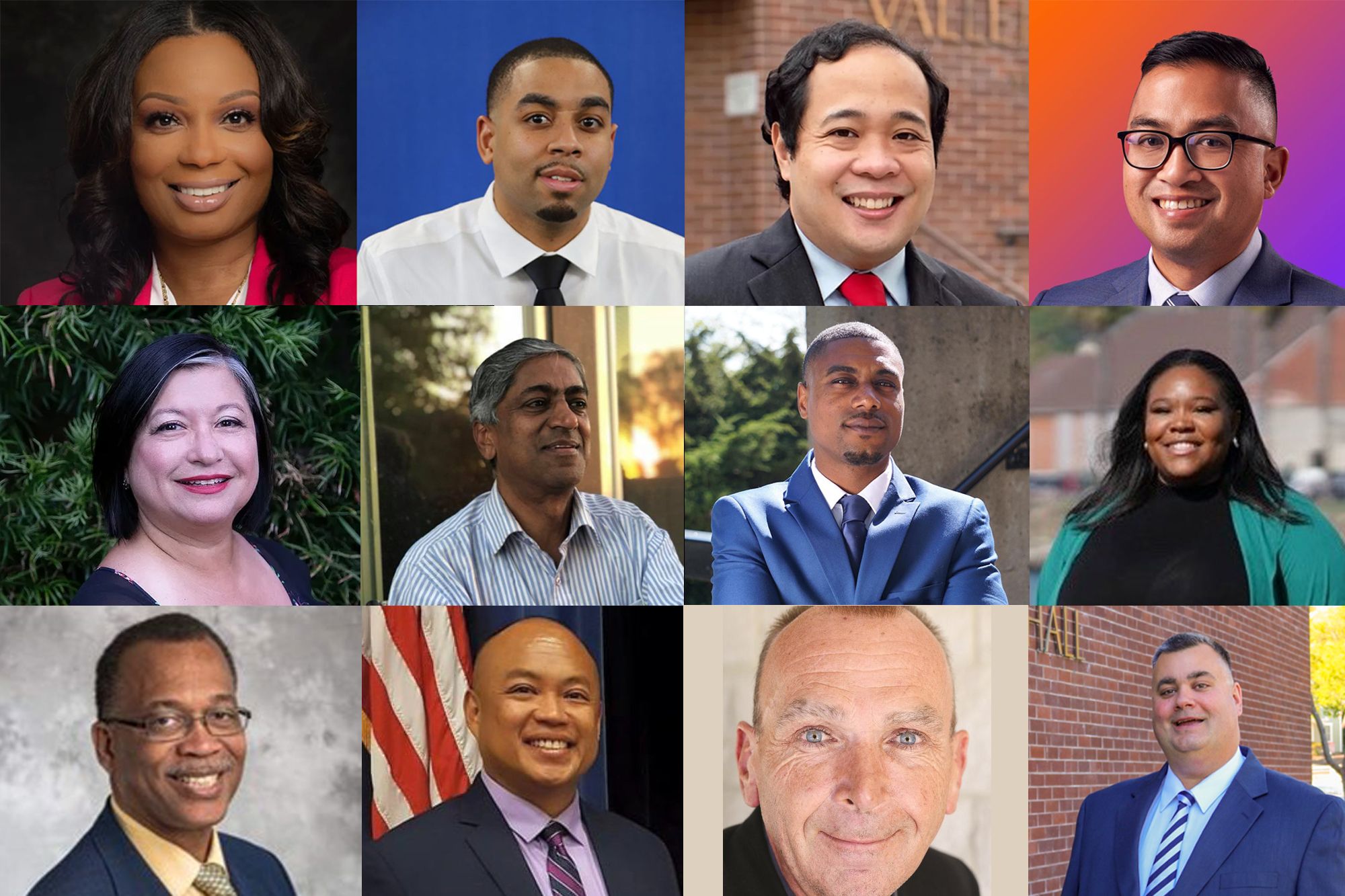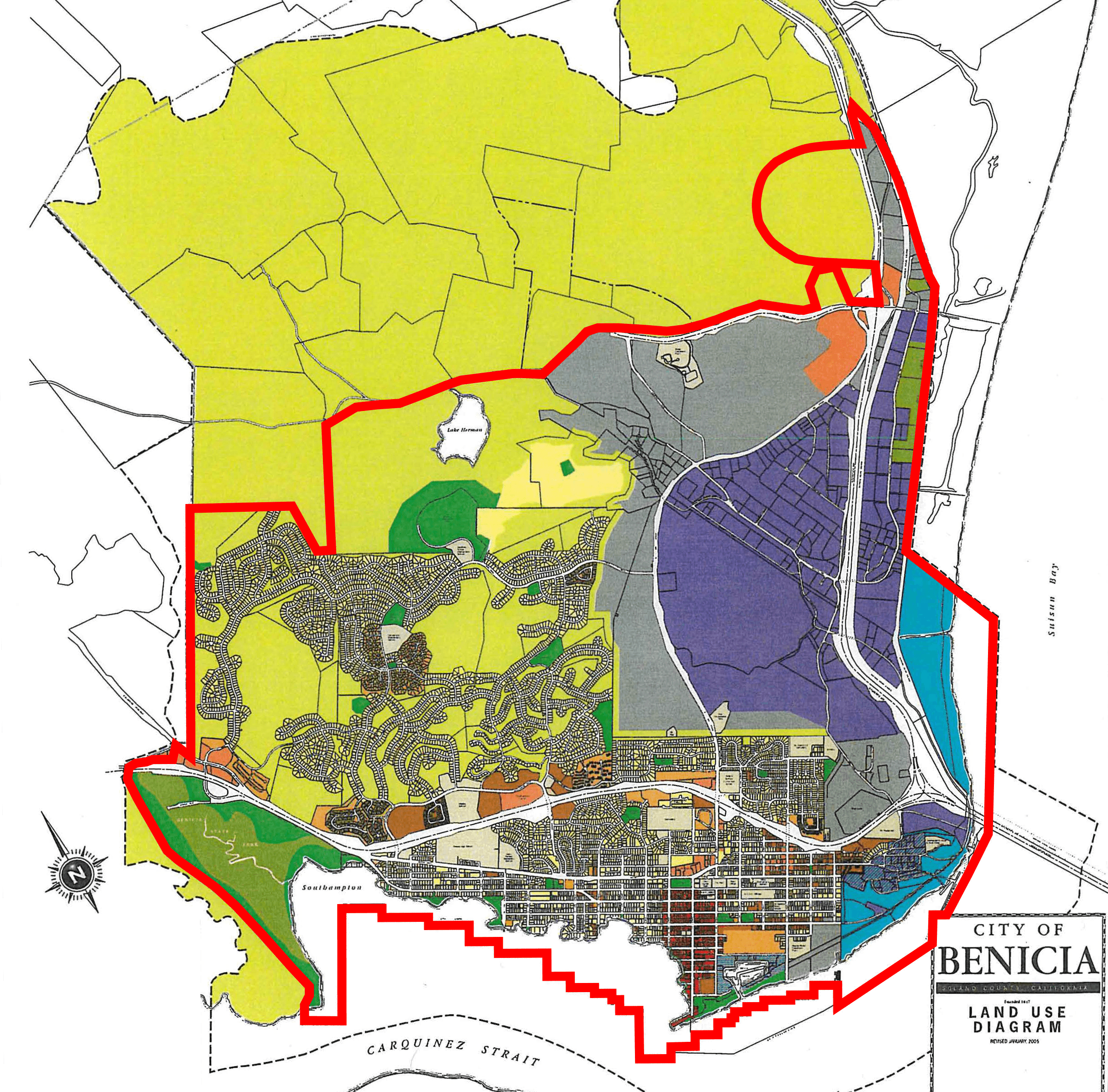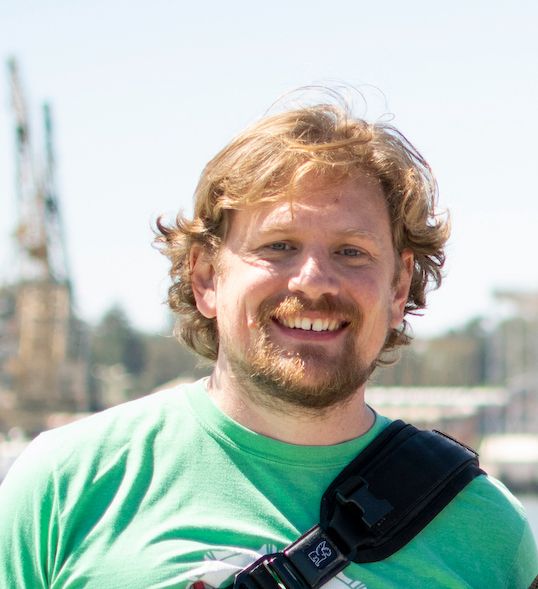BENICIA – Benicia voters will decide on two city ballot measures in November: Measure R, which would raise the city’s sales tax by three-quarters of a cent, and Measure K, which would extend the duration of Benicia’s Urban Growth Boundary for 20 years. Both require a majority of votes to pass.
 The Vallejo SunJohn Glidden
The Vallejo SunJohn Glidden
Measure R: Three-quarter-cent sales tax
The city of Benicia has placed a three-quarter-cent increase on the November ballot called Measure R, estimating that the new sales tax would generate $5 million annually. It would be a general tax that could be spent on any purpose, but the measure’s description states the city will prioritize “repairing, paving and maintaining streets, fixing potholes, improving safe routes to schools and fixing aging storm drains.”
With the 0.75-cent increase, Benicia’s sales tax rate would increase from 8.375% to 9.125%, the highest in Solano County. However, the city points out that other nearby cities have similar or higher rates, such as Concord (9.25%), Pleasant Hill (9.25%) and Martinez (9.75%). (If Vallejo’s Measure P passes, Vallejo could have the highest sales tax rate in the county. If the countywide Measure E passes, Benicia’s sales tax would go up an additional one-eighth of a cent, potentially raising it to 9.25%.)
The measure requires a simple majority vote of over 50% to pass. Benicia initially considered a special tax that could only be spent on road repairs, but a special tax requiring the funds to be spent for a particular purpose would need a more than two-thirds vote to pass. The results of a city-commissioned poll released in May showed that a special tax may not pass, so the city opted for a general tax.
Benicia’s tax would not apply to groceries, prescription medicine or the services of a doctor, dentist or attorney.
The Benicia City Council voted 4-0 to place the tax measure on the ballot during its July 5 meeting. During the meeting, city manager Erik Upson argued the city needed the extra revenue as its infrastructure was aging and it lacked the funds to replace, repair or maintain it.
Upson said that the city needs to invest $60 million in its roads in the next 10-12 years. He said the city also had to repair numerous city-owned properties, including estimating that the city needed up to $60 million to build a new police station. He said the current station has a termite infestation, flooding issues — which Upson said caused a raw sewage backup in the IT room — and houses the women’s locker room in a temporary building.
Upson also said that the city’s HR department needs a new building, as it had been using a temporary building since 1989, that the city needed to make tens of millions of dollars in repairs to other city-owned buildings, including city hall, fire stations, and other properties.
While the stated intent of the tax would be for road repair, councilmembers also discussed at length the need to improve other city infrastructure, including buildings and parks.
“We’ve accumulated all these properties, but we never have money to do anything with them,” Councilmember Christina Strawbridge said. “So this gives me hope that we can really fund some deferred maintenance and projects.”
Solano County Taxpayers Association President Michael Nolan and California Taxpayer Protection Committee President Thomas Hudson submitted an opposition argument to Measure R that accuses the city of negligent spending, says the tax would hurt local merchants and move more shopping online, and lacks sufficient oversight for spending.
“This proposed General Fund tax is nothing more than an effort to circumvent the two-thirds requirement for special taxes,” they wrote.
If approved, the new sales tax would go into effect on April 1, 2023.
Measure K: Urban Growth Boundary
The Benicia City Council also placed Measure K on the ballot to decide whether to extend the duration of an Urban Growth Boundary, which otherwise ends on Dec. 31, 2023.
The Urban Growth Boundary was first established by a ballot measure in November 2003 intended to prevent urban sprawl by forbidding the city from extending infrastructure into the hills north of the city, which are zoned for strictly agricultural uses.

The measure prohibited the city from providing basic municipal services including water, sewer, storm drainage, fire hydrants and other public facilities in those areas. It was originally passed for a period of 20 years and if Measure K passes, it will be extended for another 20 years.
City officials said that the existence of the Urban Growth Boundary encouraged a “cohesive pattern of urbanization” that led to the city building internally rather than expanding into surrounding undeveloped areas.
There are exceptions to the development restrictions in the Urban Growth Boundary. It does not preclude the development of wind turbines, solar facilities or a water conveyance pipeline to the city’s water treatment plant.
The city could also develop beyond the Urban Growth Boundary if it determines that it’s necessary to comply with state law governing the provision of housing. The city must allow housing beyond the boundaries if no feasible alternative exists for the required units to be built.
Before you go...
It’s expensive to produce the kind of high-quality journalism we do at the Vallejo Sun. And we rely on reader support so we can keep publishing.
If you enjoy our regular beat reporting, in-depth investigations, and deep-dive podcast episodes, chip in so we can keep doing this work and bringing you the journalism you rely on.
Click here to become a sustaining member of our newsroom.
THE VALLEJO SUN NEWSLETTER
Investigative reporting, regular updates, events and more
- Elections
- Election 2022
- Benicia
- Benicia City Hall
- Measure R
- Measure K
- Erik Upson
- Christina Strawbridge
- Solano County Taxpayer's Association
- Michael Nolan
- California Taxpayer Protection Committee
- Thomas Hudson

Scott Morris
Scott Morris is a journalist based in Oakland who covers policing, protest, civil rights and far-right extremism. His work has been published in ProPublica, the Appeal and Oaklandside.
follow me :




